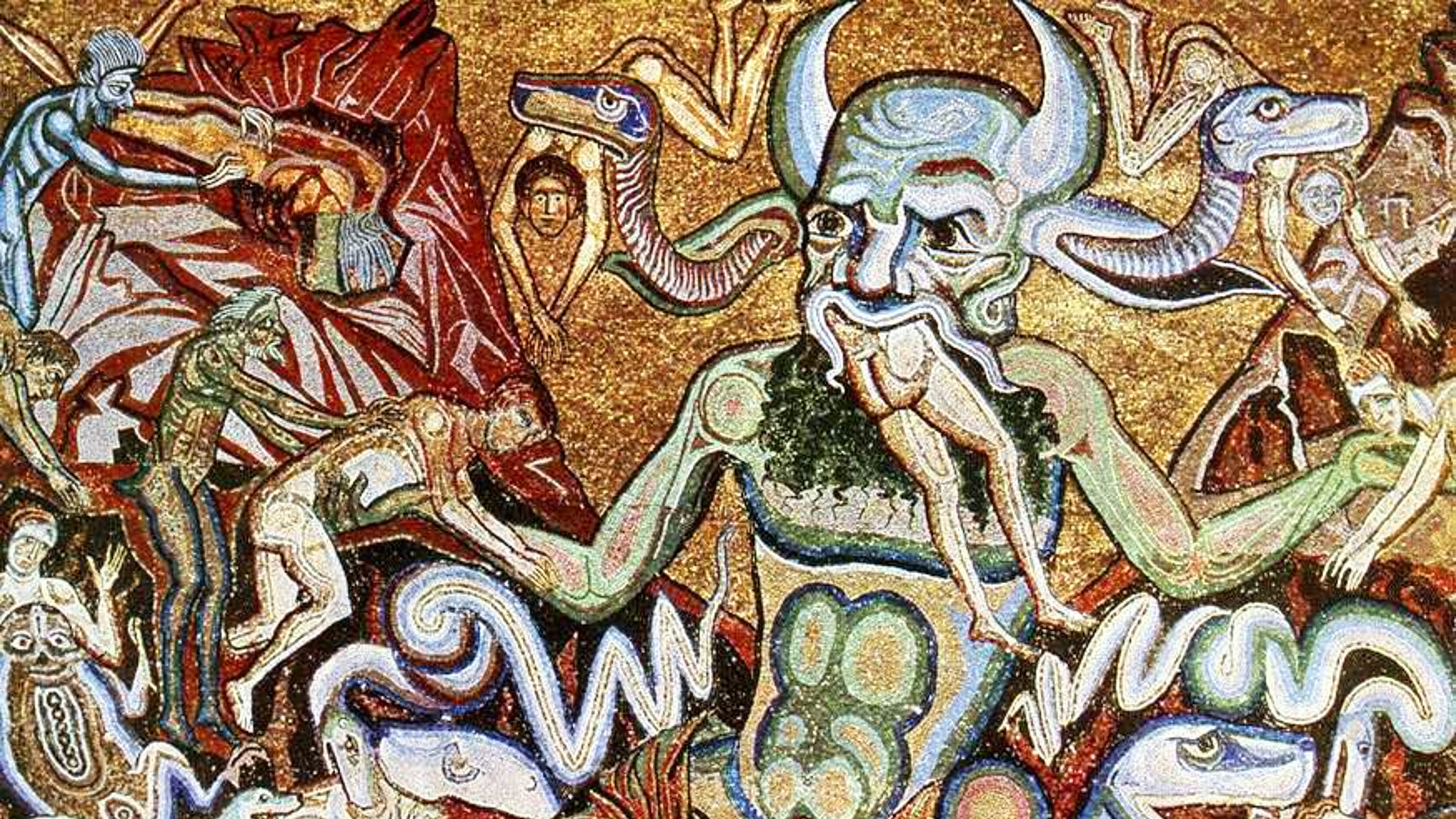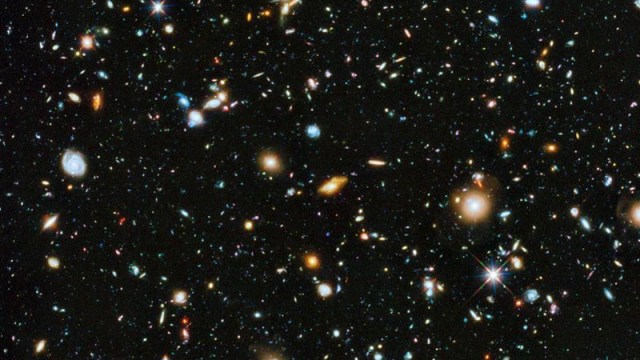What happens to your social media when you die?

Photo by Josh Marshall on Unsplash
- Faheem Hussain, clinical assistant professor at Arizona State University, says we need to discuss our digital afterlife.
- One major problem is that we generally avoid talking about death in the first place.
- Where and how we (and our data) will be used when we die remains a mystery.
Where do we go when we die? This philosophical question predates writing. Our earliest stories deal with mortality and the quest for eternal life. “I will make a lasting name for myself,” said the King of Uruk, Gilgamesh. “I will stamp my fame on men’s minds forever.” Upon losing the plant of immortality after an epic quest, the hero faced the reality of death and asked, “What shall I do now? All my hardships have been for nothing.”
Not nothing, exactly. The Akkadian tablet containing this mythology has kept his story alive for over 3,800 years. Gilgamesh’s fame remains stamped in our minds. Yet how many clay manuscripts have been lost? How many others have been denied immortality? More disturbingly, what if Gilgamesh didn’t actually want his name circulated after his demise? That’s a question we all face today with the internet and social media.
The question of digital afterlife is being asked by Faheem Hussain, a clinical assistant professor in the School for the Future of Innovation in Society (SFIS) at Arizona State University. During a recent talk, “Our Digital Afterlife,” Hussain entertained questions that are hard to answer.
“We have normalized talking about safety and security of our data and privacy, but we should also start including the conversation of how to manage data afterwards. It’s a bit tricky because it involves death and no one wants to talk about it.”
The refusal to face death is not new; that too predates mythological kings. In his Pulitzer-prize winning book, The Denial of Death, cultural anthropologist Ernest Becker writes that children’s tendency for domineering role play accurately reflects man’s tragic destiny.
“He must desperately justify himself as an object of primary value in the universe; he must stand out, be a hero, make the biggest possible contribution to world life, show that he counts more than anything or anyone else.”
The tragedy is that flesh never survives as long as clay. We disguise this fact by trying various procedures meant to prolong the inevitable impact of death. It won’t, but facing up to mortality simply won’t do. Better that the illusions hold.
While the transition into digital is at first seductive, it remains pedestrian in nature. Future historians will contend with too much, not too little, information. The likelihood that your blog post will live on in eternity is even more unlikely than an archaeologist unearthing preserved scrolls.
We do share a penchant for fabrication and grandeur with ancient scribes, however. Who are you on that screen? Finally, a medium in which we can manipulate every last crevice, to portray ourselves as we like to believe we are, not who we actually are. No longer do we need poets to pen our myths; we can now imagine these others selves.
(In the past month, a number of friends have randomly told me of encounters with highly disagreeable people that espouse kindness and love on their social media handles. We seem neurologically and socially primed to pretend.)
Who you are in real life is another eternal mystery. In his new book, The Science of Storytelling, journalist Will Story writes that humans are essentially hallucinating all the time. The notion of “reality” is itself a construction. The illusions we create help us live another day.
“The world we experience as ‘out there’ is actually a reconstruction of reality that is built inside our heads. It’s an act of creation by the storytelling brain.”

A group of women dressed as Catrinas pose as part of the ‘Day of the Dead’ celebrations on November 2, 2019 in Oaxaca, Mexico.
Photo by Cristopher Rogel Blanquet / Getty Images
Social media, like books and clay tablets before them, is just another platform for expression. Sure, it happens to be the most accessible in history, but there is a precedent. The copyright on books eventually expire; clay tablets never had that sort of protection. What about those 20,000 tweets you sent, those photos in which you wrap your arms around your beloved, or all those “private” messages you sent on Facebook? Who takes ownership when your flesh returns to earth?
Hussain believes everyone should have a say, just as we do when we decide whether we’re going to be buried, cremated, or turned into a tree. Facebook transforms your page into a memorial, for which you can appoint a legacy contact. Google has a similar policy. By the year 2100, there could be in excess of five billion Facebook accounts representing the deceased. For the most part, the internet is turning into an unmarked graveyard.
Will all those posts matter after you’re gone, and if so, to whom? We know that data is king when it comes to the living, but what morally deficient corporation will figure out how to monetize the dead?
We are all Gilgamesh now. Perhaps someone will dig up your clay in a few millennia. Maybe you’ll remain in the minds of men for generations to come. Right now you don’t have much say in the matter. If you want to control your legacy, however, the discussion needs to begin now.
—
Stay in touch with Derek on Twitter and Facebook. His next book is Hero’s Dose: The Case For Psychedelics in Ritual and Therapy.





